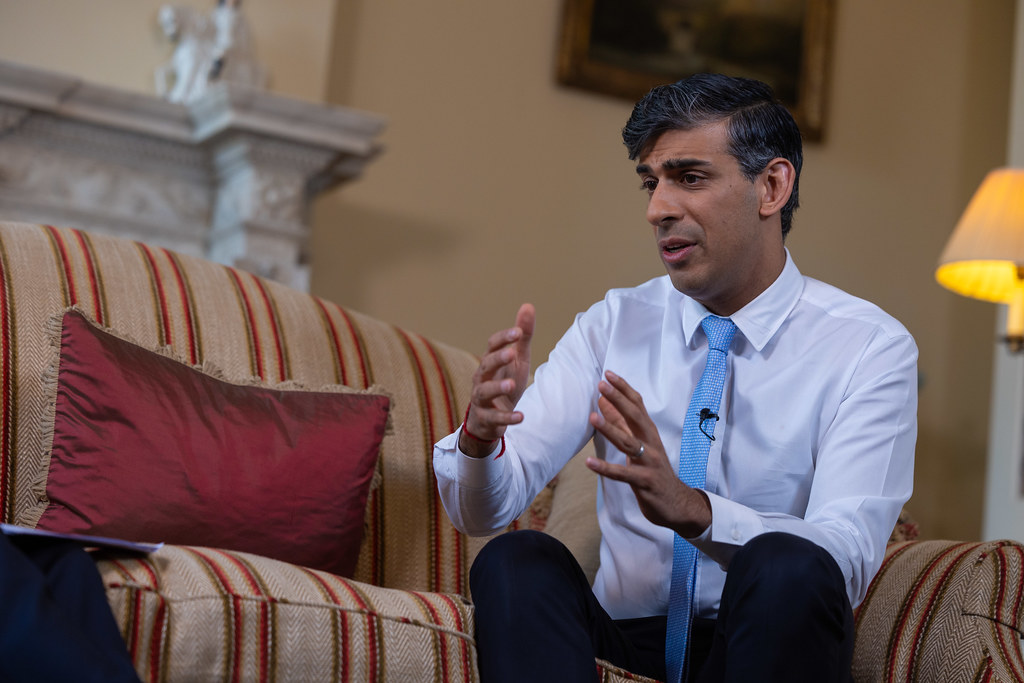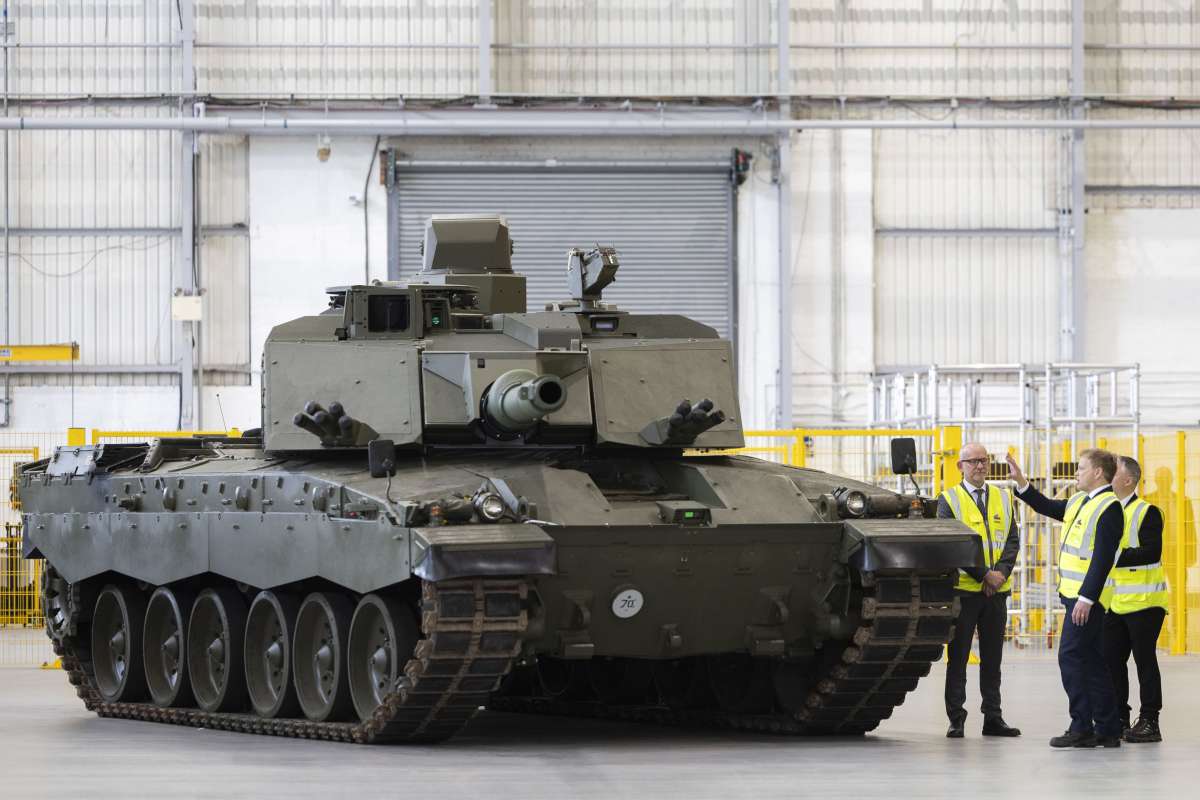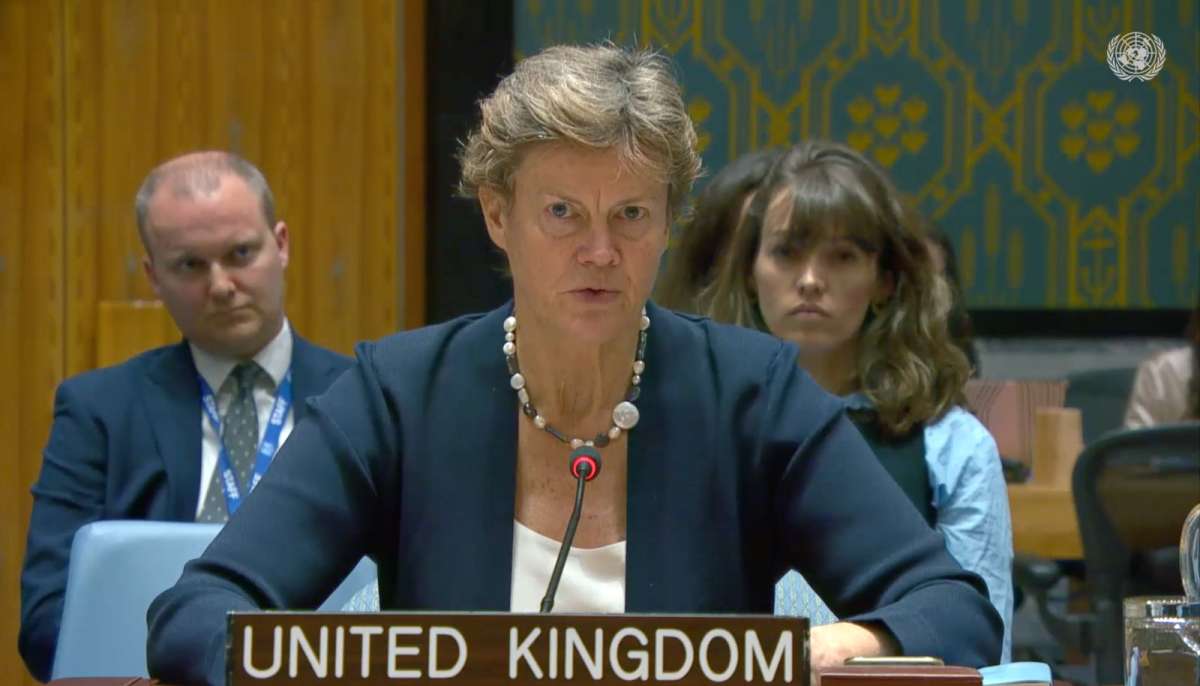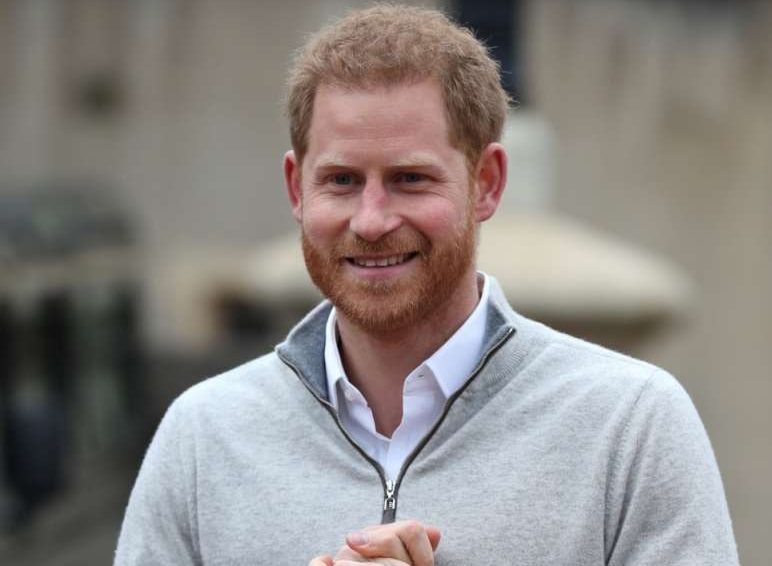Beijing has previously hit back at claims of an orchestrated overseas espionage campaign…reports Asian Lite News
London’s Metropolitan Police on Monday said it had charged two men with allegedly spying for China in a move that could stoke new tensions with Beijing.
The charges came as German prosecutors announced the arrest of three German nationals suspected of spying for China and providing access to secret maritime technology. The British pair are accused of breaking the Official Secrets Act 1911 and will appear in a London court on Friday.
Police named the men as Christopher Berry, 32, and Christoper Cash, 29, who previously worked at the UK parliament as a researcher. They are accused of having given “articles, notes, documents or information” to a foreign state. The alleged offenses are said to have taken place between 2021 and last year.
Beijing has previously hit back at claims of an orchestrated overseas espionage campaign.
The Met Police said in September they had arrested a man in his 20s on spying allegations, with the Sunday Times reporting he was a researcher in Britain’s parliament. The newspaper named him as Cash and said he had had contacts with MPs from the ruling Conservative Party.
They included security minister Tom Tugendhat and Alicia Kearns, the chairman of the influential House of Commons Foreign Affairs Committee. Tugendhat was reported to have only had limited contact with the suspect, and none when he was security minister.
Domestic intelligence service MI5 last year warned that a Chinese government agent called Christine Lee had been “engaged in political interference activities on behalf of the Chinese Communist Party, engaging with members here at parliament.”
In July 2023, the Commons intelligence and security committee claimed China was targeting the UK “prolifically and aggressively” and that the government did not have the “resources, expertise or knowledge” to deal with it.
Meanwhile, German authorities said they have arrested three people on suspicion of spying for China.
The main suspect, named as Thomas R, is accused of spying for the Chinese Ministry of State Security (MSS). Prosecutors allege his network operated a front company which co-operated with German research organisations.
The accused are said to have collected sensitive information, including designs for an engine suitable for use on combat ships, to pass on to China.
In a separate development, two men in the UK were charged with spying for China after being accused of providing information which could be “useful to an enemy”, according to police.
In the German case, prosecutors allege Thomas R obtained “innovative technologies for military use” on behalf of an MSS employee. They also allege he used a company – run by the two other suspects, named as Herwig F and Ina F – which contacted people working in science and research.
A first project regarding the operation of high-performance marine engines for use on combat ships is alleged to have already been completed.
At the time of their arrest, the accused were allegedly in further negotiations on other projects that could be of use for China’s navy, prosecutors said.
They added that the arrests took place in the western German states of Hesse and North-Rhine-Westphalia. The three suspects are also accused of exporting a laser to China, which is banned under EU “dual use” regulations. The rules prohibit sending goods which can be used for military and civilian purposes to certain countries.
Interior Minister Nancy Faeser said the arrests of the three suspects in Germany were a “great success for our counterintelligence”. “The area affected in the current case – innovative technologies from Germany that can be used for military purposes – is particularly sensitive,” she added.
The arrests come a week after Chancellor Olaf Scholz visited Beijing, where he raised issues including China’s support for Russia since the invasion of Ukraine.












